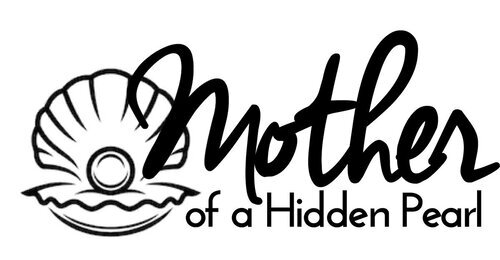A 3-Step Strategy for Dealing with Lying
“Guess what?” my daughter exclaimed to her neighbourhood friends who were playing outside.
“What?” they asked.
“My guinea pig is pregnant!”
The girls squealed and dashed to our home to see the latest development.
My heart sank. Another lie.
Lying is a common behaviour associated with insecure attachment. As a parent of an adopted child with attachment difficulties, this knowledge is important but it doesn’t make my job easier. When my daughter lies, my instinct is to feel angry, tell her lying is wrong, and then expect her to tell the truth. Sounds simple, right? Wrong. It’s never this easy when a child’s history includes trauma, loss, and other complications.
My frustration and sadness over my daughter’s lies and her subsequent loss of friendships, spurs me to seek the most effective methods for dealing with this challenge. Truthfully, I didn’t handle the guinea pig situation in an optimal way. However, through counselling, a PACE (Playfulness, Acceptance, Curiously and Empathy) workshop, and trial and error, I’ve since found the following approach works well:
· Remain Calm
When I stay in control of my emotions, my daughter and I connect. She feels safe and accepted, and our lines of communication remain open. This is vital in order to turn her lies into teachable moments.
· Stay Attuned
When I’m attentive and listen to my daughter’s “stories”, she’s receptive to my input. Together we explore possible reasons for her lies without her taking offense. For example, in the guinea pig situation, I could have said, “I bet you wish your guinea pig was pregnant. That would be exciting, wouldn’t it? Did you think this news would make the girls like you more?”
· Address the Issue
When I view lies as teaching opportunities rather than behaviour worthy of punishment, I address my daughter’s underlying issues. In the guinea pig situation, my daughter desperately wanted people to like her. An appropriate response from me could have been: “People like it when you’re truthful, and your friends will see your big heart when you let them play with your guinea pig.”
Lying is a difficult trait to overcome. Given how deep my daughter’s wounds run, and the depth of her insecurities, I can only imagine how slow her progress might be. Despite this, I see glimmers of hope. My daughter has stopped herself from lying mid-sentence and told the truth instead. She trusts that I am on her side. I must remember to celebrate these successes, and I will persevere in my approach.

